💡 SEO & Engineering Principles
A blueprint on how SEO, product and engineering teams can work together
A weekly newsletter that provides practical advice for SEOs on how to work with product and development teams. If you want to visit the newsletter in your browser click here.
If you want to help improve The SEO Sprint please feel free to leave feedback!
There are no SEO and engineering principles.
Product and engineering teams have developed principles in organisations. These principles help them work together as an effective unit to get things done.
SEO teams? Nope.
Over the last 3 years, I’ve created a set of SEO & engineering principles from working with development teams on a daily/weekly basis.
These principles help are a blueprint to help me get things done.
I’m going to share this blueprint of how I work with development and product teams to inspire others to make their own.
In this newsletter we are going to cover:
What are principles?
Why do team principles matter?
How can principles help SEO & engineering teams work together?
SEO & Engineering Principles v1
🚀 What are team principles?
Building a website or product is a series of decisions which are based on context and data. In the beginning, these decisions are based on instinct and what feels right at the time.
As teams grow there needs to be a structured way of helping the team understand how to make the right decisions.
This structured belief system to make consistent decisions are known as principles.
Product or engineering principles are a set of shared fundamental truths that are a foundation for behaviours which help guide how a team should work together when solving problems.
Engineering and product principles are common in established SaaS startups or enterprise teams. For example, below are engineering principles taken from Skyscanner:
What is fascinating is that there aren’t any shared principles to make decisions between the SEO and engineering teams (or I can’t find any when doing research).
There are SEO principles around how to do the practice (See Kevin Indig’s post on SEO First-Principles).
Although first principles are useful for how to do the practice, it doesn’t help SEO and engineering teams make better decisions when working together.
🏅 Why do team principles matter?
“Defining and distilling these principles has been one of the biggest contributors to our ability to consistently build great products at scale”
- Intercom.com, Introducing Intercom’s product principles
If you have worked within a team for a long period of time you are very in tune with how the team works. This intuition is built up from your experience working on projects, communicating and speaking to different people.
The same happens in product and engineering teams.
The problem is that when the technical team grows or works with business stakeholders there can be a lack of shared understanding of how individuals within the team make decisions.
A set of accessible and defined principles help to:
Define success that everyone can try and work towards
Develop a common language between team members
Avoid repeating the same mistakes made by teams in the past
🤷 How do principles help SEO and development teams work together?
I’ve worked with development teams on a day-to-day basis, both as an SEO and a Product Manager, for the last 3 years. I've built an intuition and gut feeling on how to approach technical projects based on my experience with development teams.
Although this intuition helps me work with technical teams like any concept or idea, it isn’t doing much floating around inside my head.
So, I created a set of principles that provides a blueprint for how SEOs can work with development and product teams.
I call this decision-making blueprint SEO & Engineering Principles.
These principles are still a work in progress but have helped me:
Reduced SEO feature release times
Reduce bugs or defects for feature releases
Clarify rules around SEO tickets
Split SEO tickets into smaller chunks
Get buy-in from technical teams
Spot pain points between SEO and development
These are a blueprint of how I’ve worked with developers.
🐙 SEO & Engineering Principles V1
The SEO & Engineering principles have been inspired by the original 12 principles of the Agile manifesto. Although this document was published in 2001, the values and principles are still being used by leading product and engineering teams (Artsy, Skyscanner and Intercom) to influence how they work together.
The principles outlined below are not meant to be an exhaustive list but instead to inspire SEO teams working with developers to create their own set of team principles. These sets of shared beliefs need to be agreed upon by teams so that they are aligned on a structured way of working.
Any principles that are agreed upon need to be continuously updated and reviewed by the SEO and engineering team.
I’ve also created a GitHub repo if anyone wants to create their own principles:
🚨 Warning 🚨
The principles in this newsletter are not a quick way to solve tensions between development or product teams. Some business systems and cultures are not open to change.
It’s important to get consent and agreement within your team to work towards a set of agreed principles.
This doesn’t mean that you can’t try out these principles and see if they work in your day-to-day but keep in mind that the purpose of team principles is to be clear about how you work.
🚨 Warning 🚨
1) The top priority is to solve user problems
The SEO and development teams focus on solving user problems, not shipping deliverables. The SEO team must ruthlessly prioritise tasks and projects to change user behaviour that drives business results.
For example
Product and engineering teams focus on changing user behaviour that drives business growth. For example at Yelp they focused on improving the bottom line by investing in reducing the page load speed.
The team measured thechangein user behaviour to judge the impact of their work and show the impact on the bottom line.
SEO teams need to avoid focusing on only shipping deliverables with the assumption they will impact on business results. This is quite common with technical SEO audits as SEO tools provide specialists with a lot of data but little business context.
Read more here:
2) The team must have a clear definition of success
A team or squad must have a clear definition of success from the project lead. This includes success for both tasks and at a project level. SEO teams can provide a clear vision to the team through clear documentation, conversation and using shared understanding.
For example
A clear definition of success requires measurement and tracking of metrics which show the project was successful at driving business results.
This doesn’t always mean a higher management dashboard with traffic, revenue and leads. I’ve found success in creating a hypothesis and tracking “signal” metrics to show technical teams their work brings value.
As well as defining success metrics, SEO teams need to provide clear documentation helps to also outline the definition of success when the work is complete and helps technical stakeholders understand the “what” and “why”.
Read more here:
3) The best results come from small squads
The best results come from an independent team of specialists that form a squad to solve a specific problem. The squad is made of experts who can solve a specific problem. The experts within the squad have the autonomy to make decisions.
For example
When interviewing in-house enterprise SEOs who work with development teams, the best results came from SEO specialists being part of a centralised product and engineering team.
In contrast the SEOs who found it difficult to get things done were in a decentralized structure, where the SEO was separated from the technical team.
I’ve found success in creating temporary triad structures on SEO projects which creates a centralized team around a problem.
This won’t work for all within all business cultures and team structures but I’ve found that these simple team structures show teams that SEOs being part of decision is critical to getting things done.
Read more here:
4) Teams must work closely together on a project
SEO and engineering teams must work frequently and consistently together through the lifecycle of a project.
The best results come from SEO specialists working with technical teams on a daily or weekly basis. An SEO should be able to guide decisions around the development of SEO projects.
For example
I’ve been the SEO who throws an audit over the wall, runs away and does not speak to the dev team for 3-6 months. Then wondered why nothing has been completed.
As a Product Manager, and now consultant, I work with development teams on a daily basis/weekly basis. It’s critical to have regular scheduled conversations and discussions around tickets or projects.
Read more here:
5) Effective communication comes from a shared understanding
Effective communication comes from conversation. The SEO team can use online collaboration tools to help facilitate a conversation around tasks or projects to help get the team on the same page. These conversations are then documented and shared with the team.
For example
SEO documentation does not equal shared understanding.
Just because teams review an email, spreadsheet or document doesn’t mean everyone is on the same page.
Instead SEO teams should deploy techniques (virtual whiteboards, sketching and conversations) to improve shared understanding between technical teams.
Read more here:
6) Teams work in small batches
SEO and engineering teams work together to release small and frequent changes. The team must work together to break down large complex projects into smaller batches that solve user problems. These smaller releases can fit within the release cadence of the development team.
For example
In order to get SEO projects implemented, teams need to learn to break down items into smaller pieces which still add value…
…so that technical teams can fit them into release cycles as part of a wider intiative.
Read more here:
7) Simplicity helps to prioritise work
The SEO team must ruthlessly prioritise tasks to drive business results. The goal of prioritisation is to keep releases small and maximise the amount of low-priority work not done.
For example
Due to limited resources product and engineering teams continuously prioritise and reject requests. SEO teams can find unlimited opportunities but they can be rejected if they are not inline with the business goal or strategy.
Instead of overloading the technical team with low-priority tasks, the SEO team must prioritise work into clear set initiatives and tasks that drive business results.
Reducing the amount of work not done means that the team can focus on prioritising the SEO recommendations that move the needle rather than overloading them with unlimited tasks.
Read more here:
8) Continuous attention to detail helps to reduce rework
SEO and engineering teams need to work together to continuously monitor SEO code quality.
The goal is the reduce the amount of rework needed to fix SEO bugs in the code. SEO bugs can impact the bottom line of the business and reduce the agility of the team.
For example
A great example of SEO QA testing in action is from Lucia Lecesne @ Wise. In her BrightonSEO talk she discusses how their team used a SEO QA process with the engineering team to check for bugs.
The idea of catching errors before development releases not new in the SEO industry. DeepCrawl created Automation Hub: SEO QA tool to help enterprise companies test for SEO bugs in their CI/CD pipeline.
Hamlet Batista (RIP) also discussed the idea of automating SEO testing, reducing business costs and improving the experience for development teams back in 2017.
Read more here:
9) Feedback loops help to improve how the team works
SEO and engineering teams need to regularly reflect and adjust how they work together. The SEO team also must share success and failure with the team to help them understand the value of their work.
These feedback loops help to improve how the team works together to solve user problems.
For example
It is common practice in product and engineering teams to have retrospective meetings after each “sprint”. The purpose of these meetings is to reflect on how the team worked together and identify if we could improve.
I was amazed at how these meetings helped identify problems between different individuals. Even being aware of a problem can help you fix it.
I now get feedback from development teams I work with to identify any pain points.
The example shows that developers can surprise you and do actually care about “the vision” of the what they are working on.
Read more here:
📜 Summary
When building your SEO & Engineering principles, remember:
What are Principles - A structured way of helping the team understand how to consistently make the right decisions and how to work together.
Why are principles important - Principles help to develop a shared understanding of what success looks like and a common language between different teams on how to work together.
SEO & Engineering Principles - A blueprint on how SEO and engineering teams can work together, taken from my own experience and based on the 12 principles of the Agile Manifesto.
📚 Further Reading
Read - Agile Manifesto 12 Principles: The 12 Principles of the Agile Manifesto are the foundation of a lot of Agile methodologies.
Read - Engineering Principles: This is a great read from Luca Rossi over at the Refactor newsletter on the importance of engineering principles.
Read - Why engineering principles matter: A great read from Skyscanner on the importance of principles within their team.
Read - Intercom’s principles for building products: A great read from Intercom’s team on the importance of principles for building successful products.
📋 Newsletter Feedback
How did I do this week?
If you enjoyed reading this article then consider the following:
📰 Share — Please share the newsletter with your network or colleagues if you think they might find it useful!
✉️ Subscribe to The SEO Sprint newsletter — if you haven’t already then please consider subscribing to the newsletter.






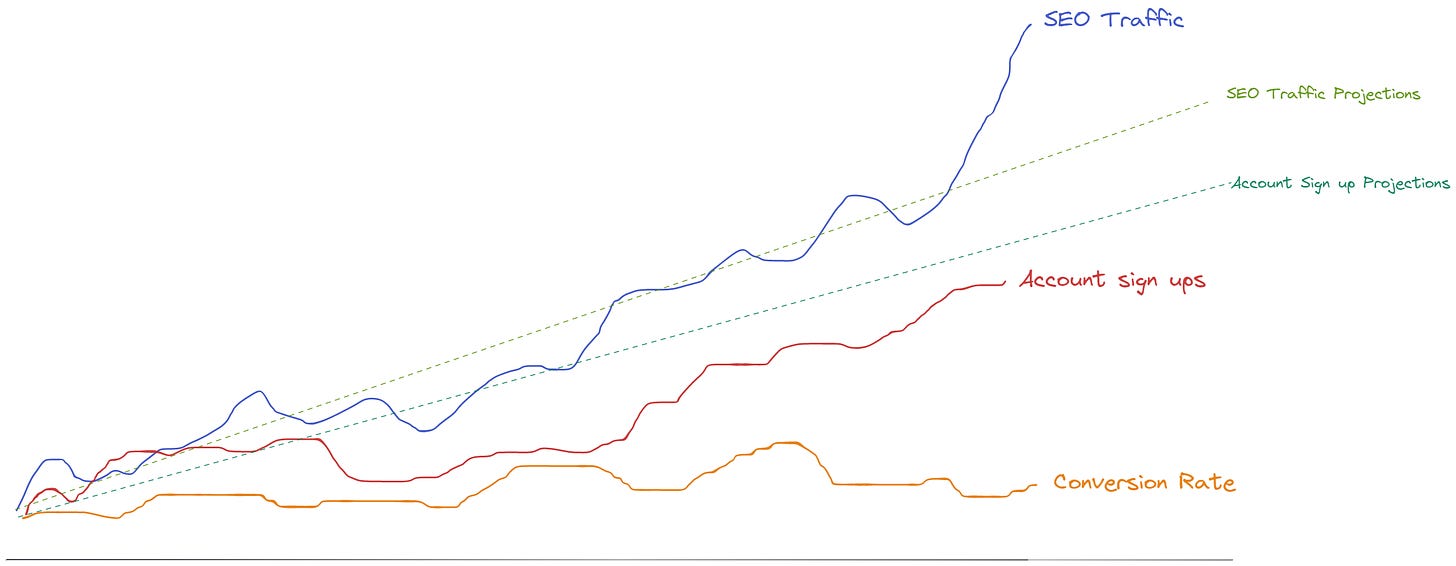
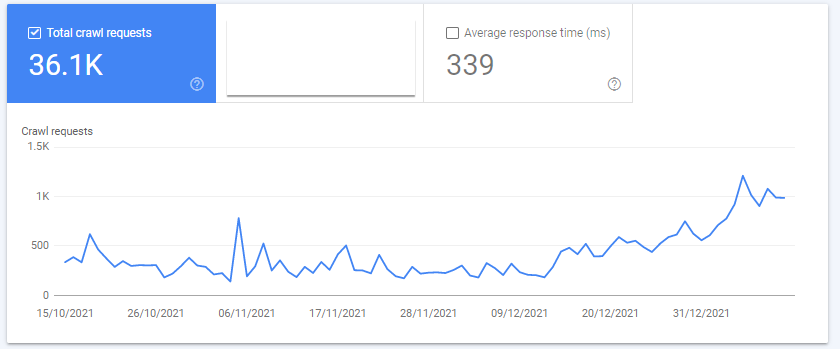

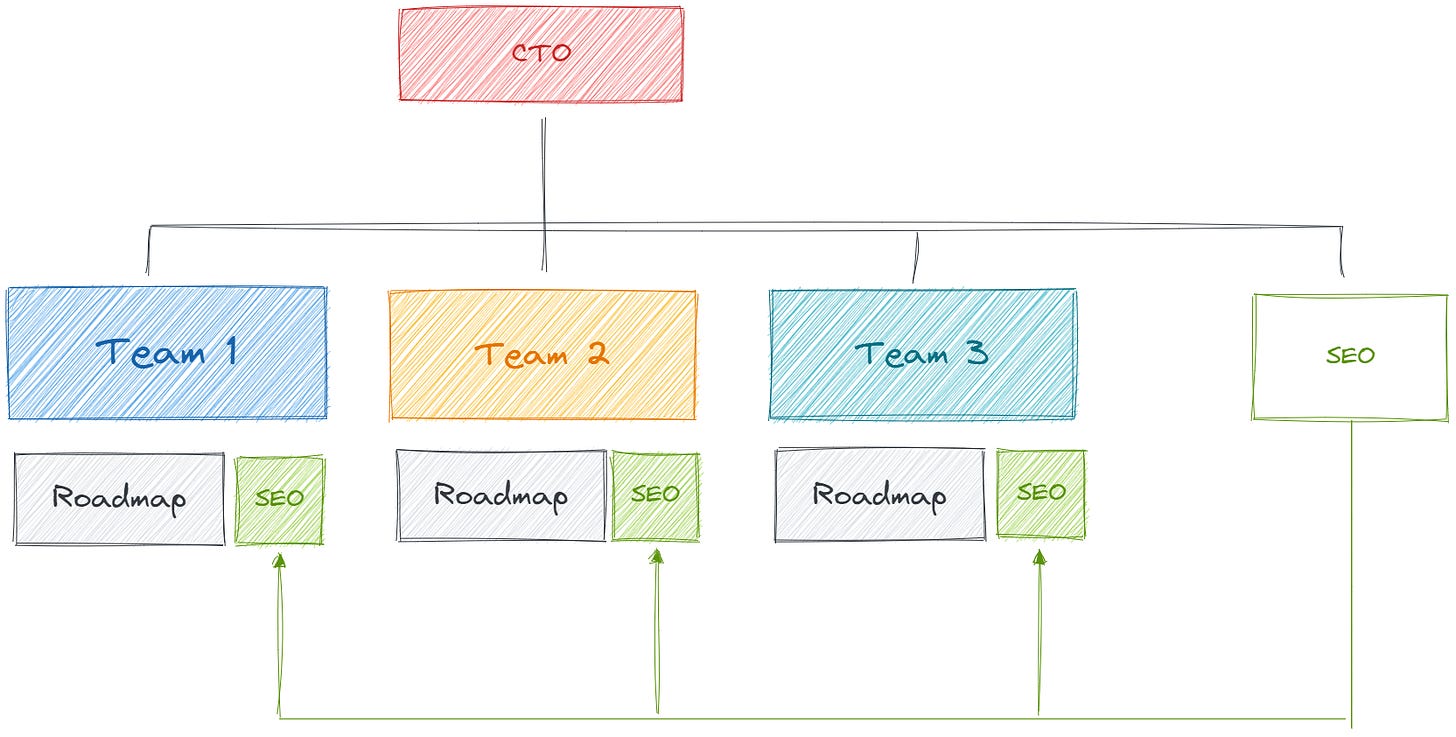
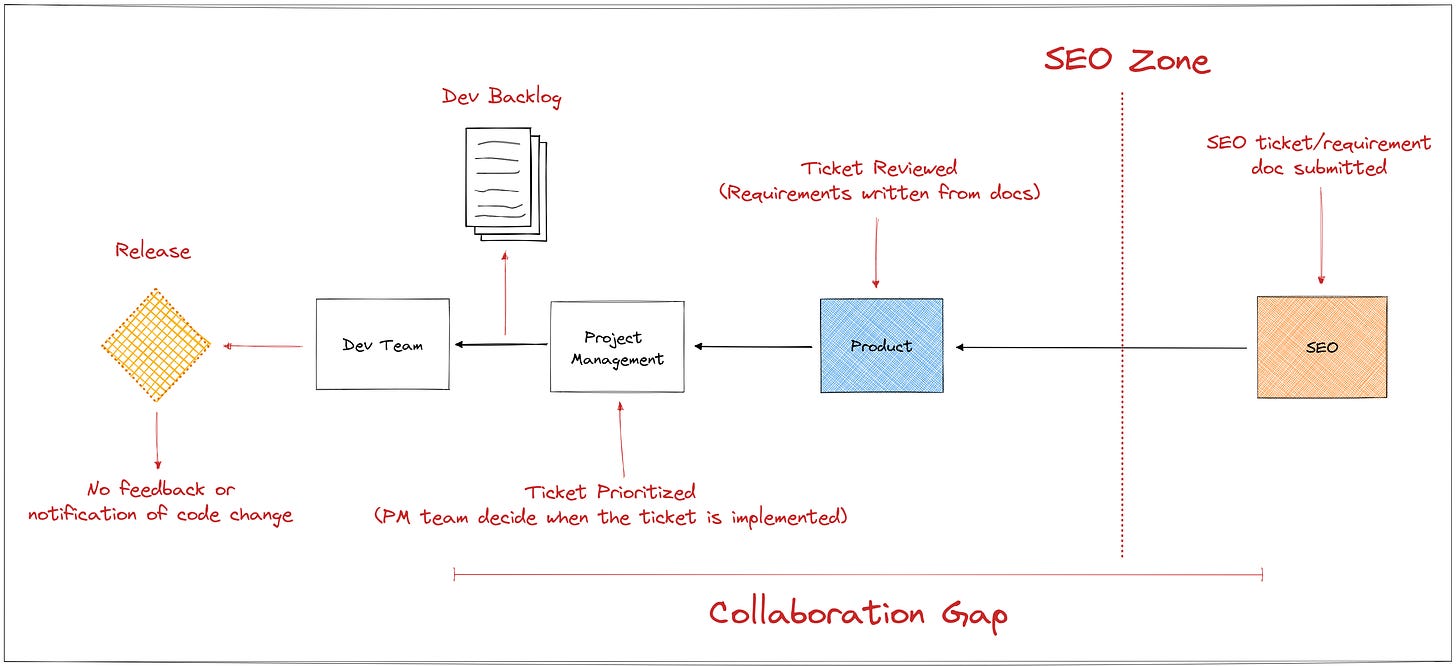
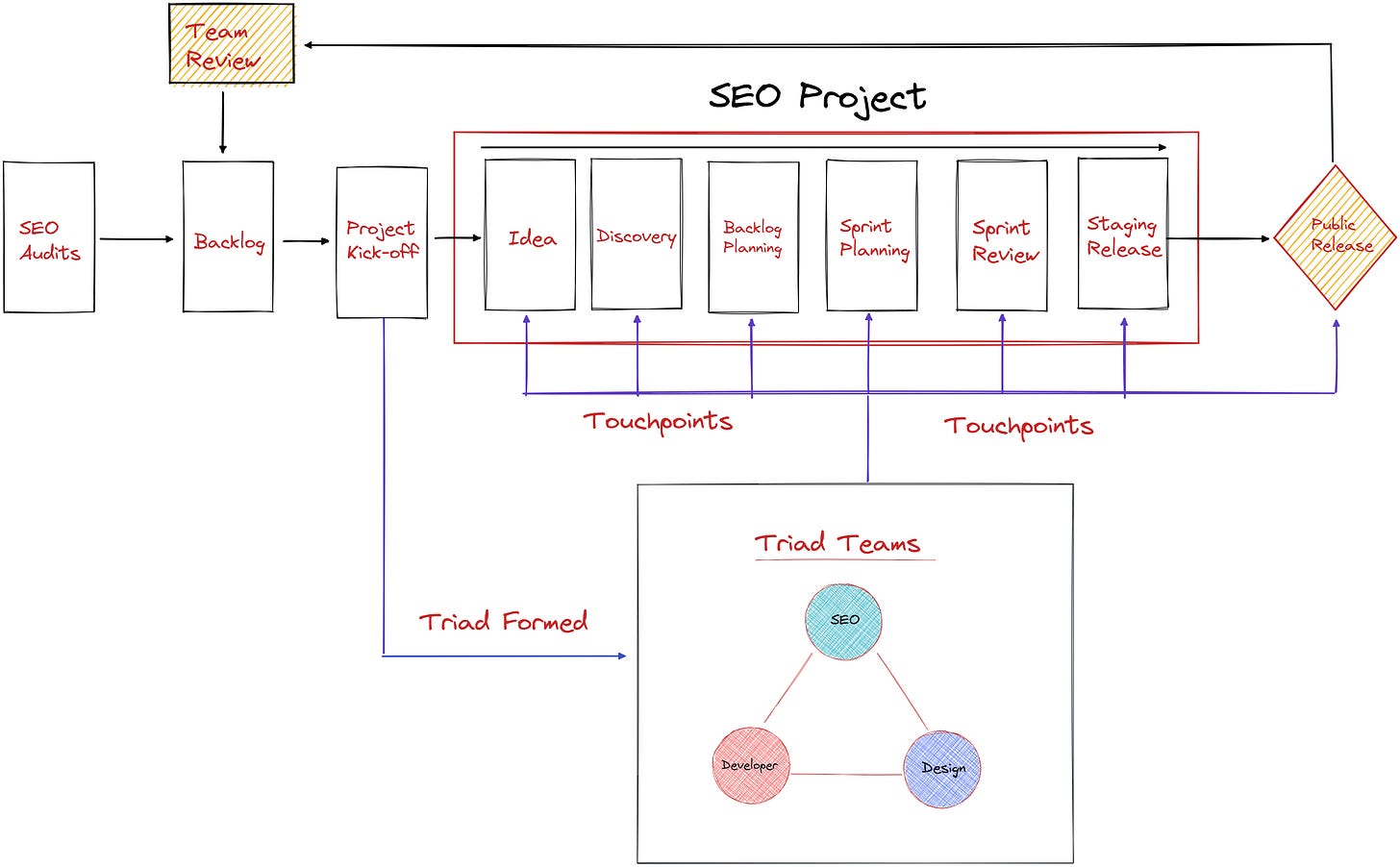


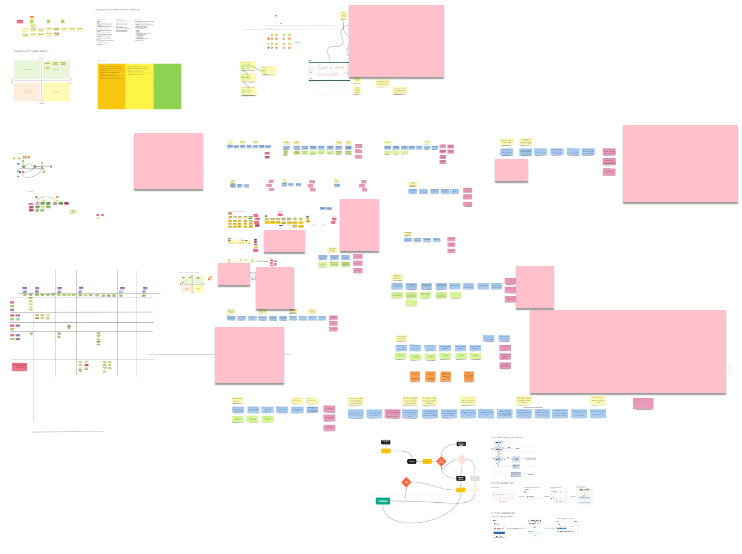




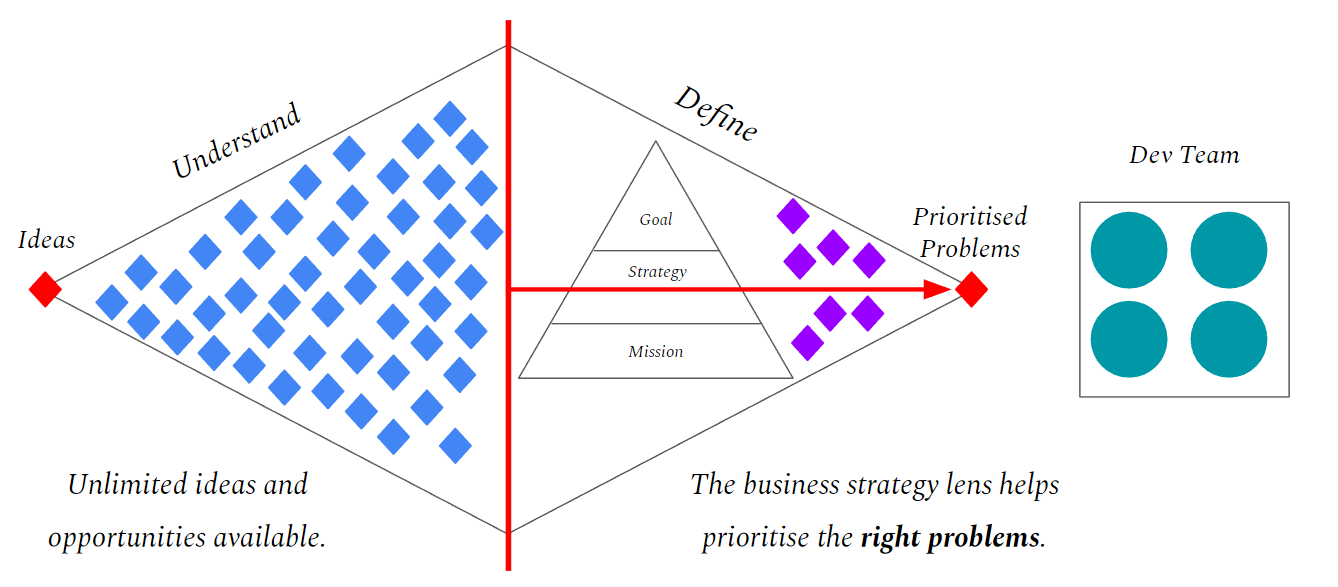
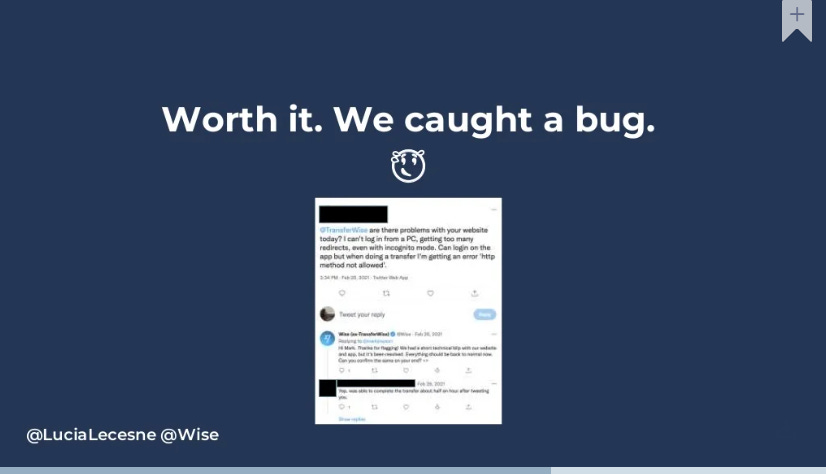
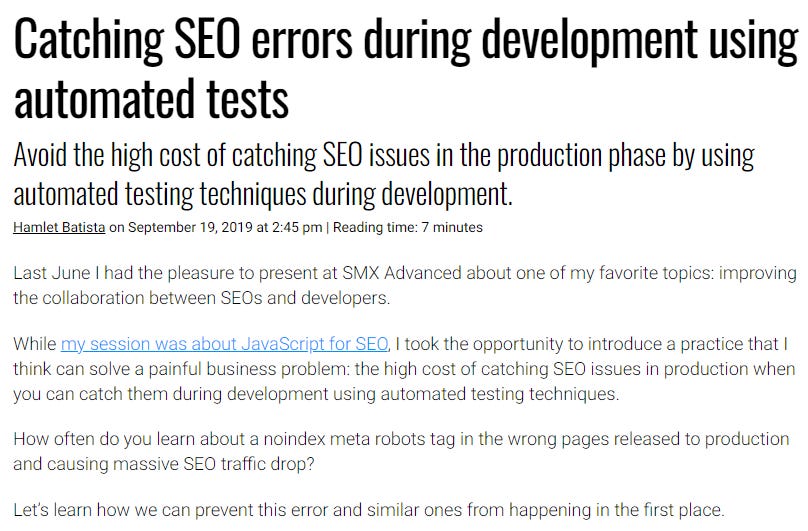
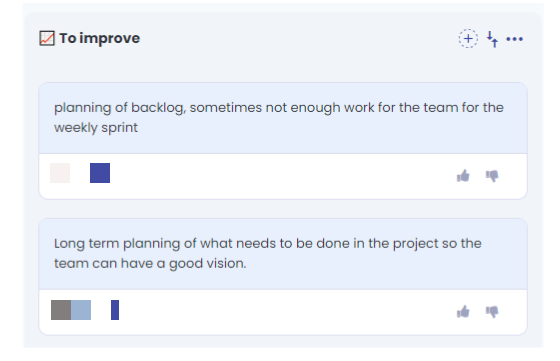
It's a great article, thank you!
I've been working as an in-house SEO for more than 3 years, and we use a big part of these principles. We have roadmaps; we use OKRs; we have retrospective technical and content marketing meetings at the end of the sprint. And as an SEO specialist, I participate in each of these meetings, and we achieve our goals.